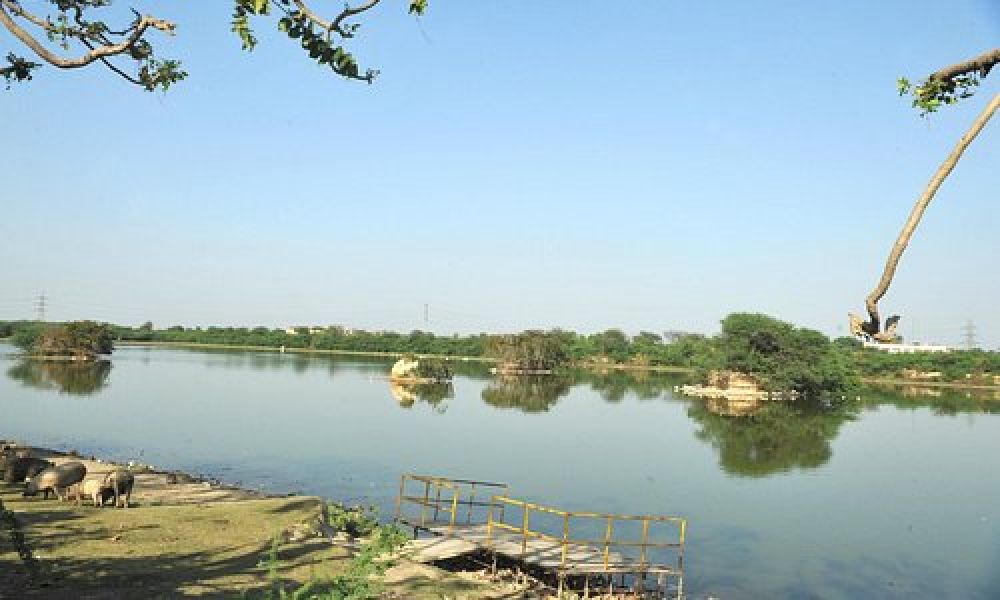

Blue Bird Lake, located in the dynamic city of Hisar in the Haryana state of India, stands as a testament to the blend of natural beauty and human ingenuity. This man-made reservoir was developed to be a serene escape and to foster recreational activities in the region.
The history of tourism at Blue Bird Lake is relatively contemporary, with its creation dating back to the 20th century. The lake was constructed as a part of a dam project to collect rainwater runoff. Over time, it transformed into a popular spot for both locals and tourists seeking relaxation and leisure activities away from the hustle and the bustle of urban life.
Recognizing its potential, local authorities began to develop the area surrounding the lake to cater to various tourist needs. Emphasis has been placed on creating an environment that offers not just natural beauty but also recreational facilities like boating, water-sports, and a well-maintained garden for picnics. Additionally, the location hosts a bird sanctuary, which attracts ornithologists and bird watchers from different parts of the country.
As of current trends, Blue Bird Lake continues to appeal to visitors with its serene atmosphere and the variety of activities it offers. The lake is an ideal spot for families and nature enthusiasts. Besides boating and bird watching, visitors can enjoy a stroll along the pathways, relax in the gardens, or indulge in photography, capturing the picturesque views of the sunset over the water.
To further boost tourism, local events and festivals are often organized at Blue Bird Lake, drawing in additional crowds and fostering a sense of community. The local authorities maintain the area meticulously to ensure a safe and clean environment for all visitors.
Reaching Blue Bird Lake is convenient due to Hisar's well-connected transport network. The city is accessible by road, rail, and air, with the lake located just a short drive from the city center. As tourism has grown, so has the infrastructure, with the establishment of various hotels and guest houses to accommodate visitors looking for overnight stays or longer vacations.
Environmental sustainability is a key concern in the tourism industry today, and efforts are being made to protect and preserve the natural habitat around Blue Bird Lake. The local administration and environmental groups work in collaboration to maintain the ecological balance, promoting responsible tourism practices among visitors.
The future of tourism at Blue Bird Lake appears bright with continuous improvements in facilities and services. Plans for eco-tourism and further development of the area are in discussion to enhance the visitor experience while preserving the natural essence of the lake.
In conclusion, Blue Bird Lake is a jewel in Haryana’s tourism crown, offering an enchanting mix of natural splendor and recreational fun. Its rich tourism history and evolving trends make it a must-visit destination for anyone traveling to Northern India.